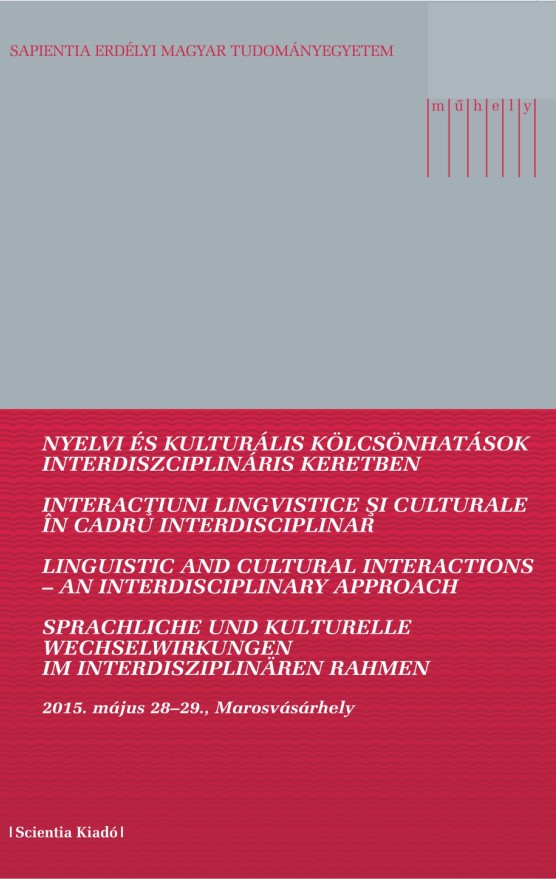NYELVI KÉRDÉSEK SZÉCHENYI ÉLETMŰVÉBEN (SOKNYELVŰSÉG, TÖBBNYELVŰSÉG, ANYANYELVŰSÉG)
LINGUISTIC ISSUES IN SZÉCHENYI’S OEUVRE (PLURILINGUALISM, MULTILINGUALISM, MOTHER TONGUE)
Author(s): Rita Pletl
Subject(s): Hungarian Literature
Published by: Scientia Kiadó
Keywords: multilingualism; mother tongue; Hungarian language
Summary/Abstract: In the years of preparation for his public activity, Széchenyi was faced with the issue of language use, and during the elaboration of his reform programme he was forced to address this complex, complicated, multifaceted question in much more detail. As a politician, he had to deal with the issue of plurilingualism and multilingualism, as well as the status of the Hungarian language; as a writer, he explored the possibilities of linguistic expression with a new approach as he planned writing taking into account the aspect of the norms of expectations of the recipients (the readers). He approached the question from the issue of the success of communication: in the first case, he explored the problem of “we do not understand each other” from the aspect of plurilingualism and multilingualism. In the second case, he analysed the possibilities of text creation based on the recognition that meaning outlined in the text does not necessarily coincide on the level of the writer and on that of the recipient.
- Page Range: 45-52
- Page Count: 8
- Publication Year: 2015
- Language: Hungarian
- Content File-PDF

